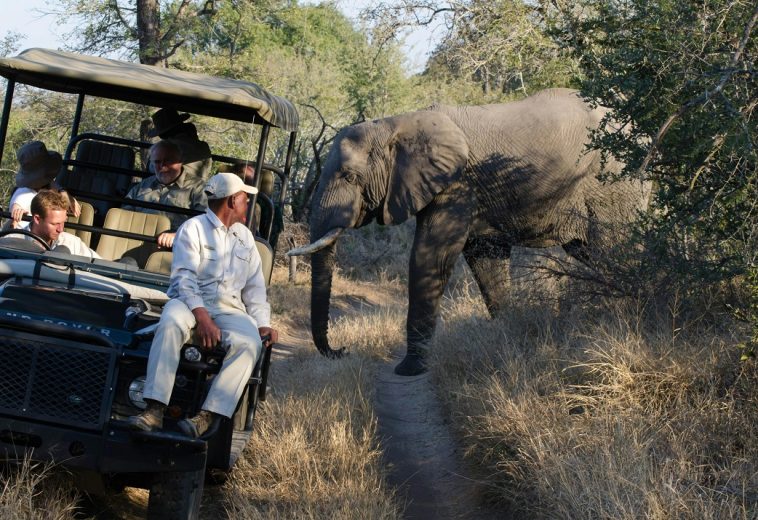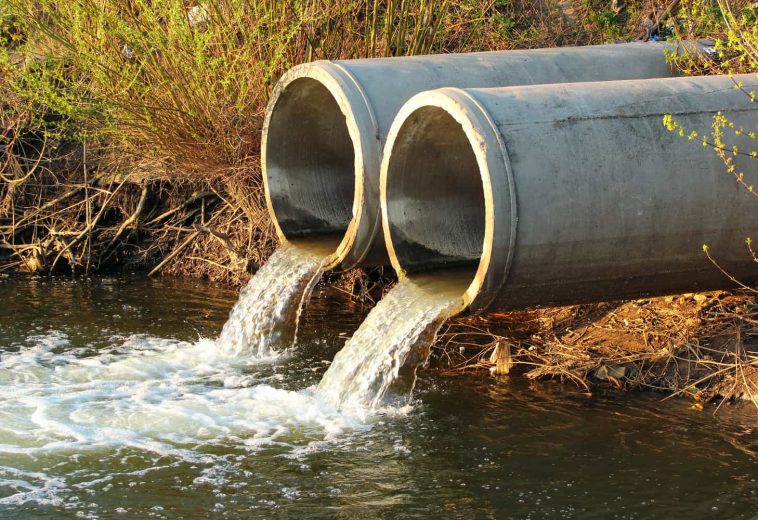Human trafficking is one of the most severe violations of human rights worldwide, and Africa is a continent working tirelessly to overcome the challenges posed by this crime. Despite being a global issue, trafficking within Africa is particularly complex, shaped by a mix of socio-economic and political factors. However, many African nations are demonstrating remarkable resilience and innovation in addressing this crisis, setting an example for the rest of the world.
The Scope of the Problem
According to the United Nations Office on Drugs and Crime (UNODC), Africa is both a source and destination for human trafficking. The International Labour Organization (ILO) estimates that approximately 4.8 million people are trafficked annually across the continent. Women and girls, in particular, are disproportionately affected, often exploited through sexual slavery, forced marriages, and domestic servitude. In some regions, children are trafficked for labour in industries such as mining, agriculture, and street vending.
READ ALSO:Africa’s Strategy on World Day Against Trafficking in Persons
Poverty and unemployment are significant contributors to human trafficking. In nations with limited economic opportunities, vulnerable individuals—particularly women and children—can be deceived by false promises of work and better living conditions. However, African communities have shown resilience through grassroots initiatives that educate individuals about the risks of trafficking and empower them with resources to improve their livelihoods.
Regions affected by armed conflict, such as parts of the Sahel, Central Africa, and the Horn of Africa, face heightened vulnerability to trafficking. Yet, African nations and organisations are making efforts to protect displaced individuals, particularly in refugee camps, where trafficking risks are highest. Collaborative programmes are increasingly focused on improving camp conditions and enhancing security measures to shield those at risk.
In some African countries, weak legal systems and corruption have historically contributed to the trafficking problem. However, progress is evident as law enforcement agencies receive increased training and resources to address this crime. Collaborative efforts with international partners are also helping to bolster judicial systems and ensure that traffickers are brought to justice.
The Impact of Human Trafficking
The human cost of trafficking is immeasurable. Victims endure physical, psychological, and emotional abuse. Women and girls, in particular, face sexual exploitation, often subjected to forced prostitution and sexual slavery. Children trafficked for labour are exploited in mines, farms, and domestic work. Yet, the resilience of survivors and the growing network of support systems are a testament to the continent’s determination to overcome these challenges.
Trafficking has long-term consequences not only for individuals but also for communities and nations. It undermines social stability and economic development. However, African nations are increasingly recognising the importance of addressing these impacts. By investing in education, vocational training, and economic opportunities, they are working to break the cycle of trafficking and build stronger, more resilient societies.
Efforts to Combat Human Trafficking
African governments, organisations, and international bodies have made significant strides in addressing human trafficking. Several nations have enacted robust anti-trafficking laws to protect victims and punish offenders. For instance, Nigeria’s Trafficking in Persons (Prohibition) Law Enforcement and Administration Act and the United Nations’ Palermo Protocol are leading examples of comprehensive legal frameworks.
Regional bodies such as the African Union (AU) and sub-regional organisations like ECOWAS (Economic Community of West African States) have developed strategies to combat trafficking collaboratively. These efforts highlight Africa’s commitment to tackling the issue on a continental scale.
Raising awareness is critical in reducing trafficking. Non-governmental organisations (NGOs) and international bodies such as UNICEF and the International Organization for Migration (IOM) run campaigns aimed at educating vulnerable populations, particularly in high-risk areas. Many countries are also establishing support systems that provide medical, psychological, and legal assistance to trafficking survivors, ensuring they can rebuild their lives.
Human trafficking in Africa is a complex challenge, but it is met with equal determination and resilience. While significant progress has been made, there is a shared understanding that more must be done to address the root causes of trafficking, strengthen law enforcement, and provide support for victims. African nations, civil society, and the international community are increasingly working together to create sustainable solutions. By building on successes and fostering collaboration, Africa is not only confronting trafficking but also paving the way for a future where its communities can thrive free from exploitation.




